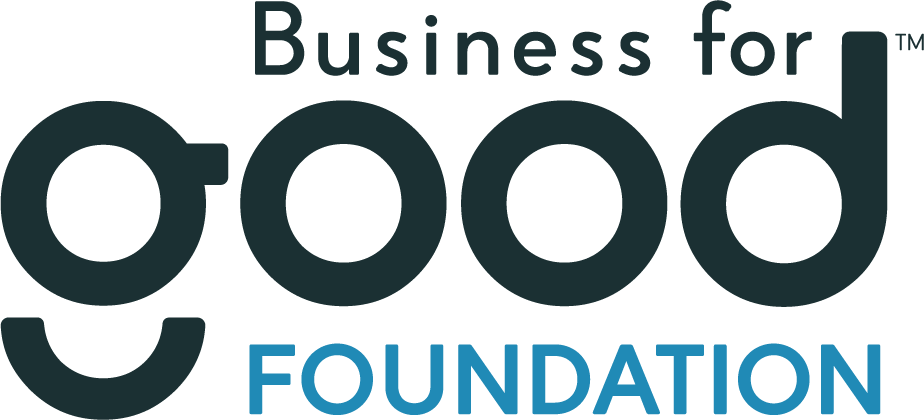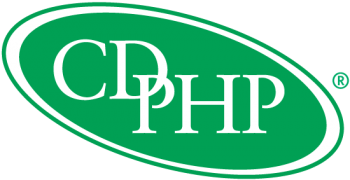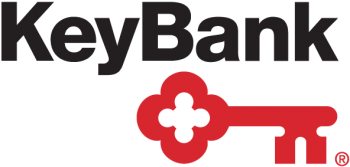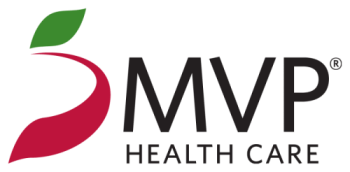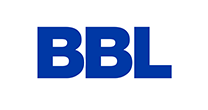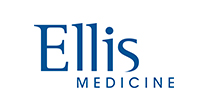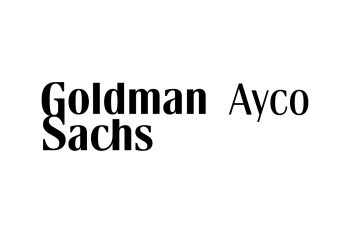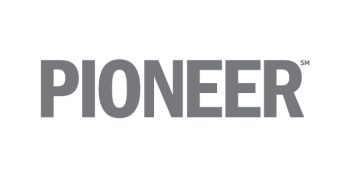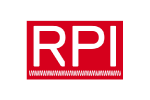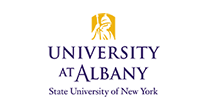News
October 23, 2017Mayors of Albany, Schenectady and Troy, County Officials, Health Departments, Nonprofit Leaders Kick Off Nation’s First Green & Healthy Homes Initiative Regional Partnership
The mayors of Albany, Schenectady, and Troy, county officials, nonprofit leaders and others joined on October 19, 2017 to officially create the nation’s first regional Green & Healthy Homes InitiativeTM (GHHI) partnership.
The GHHI Compact Signing Ceremony, held at the Capital Region Chamber, marked the official creation of the partnership between the cities of Albany, Schenectady, and Troy, local health and municipal departments, numerous nonprofit service providers and GHHI to deliver housing intervention programs for Capital Region residents living in energy-inefficient, unhealthy, and unsafe homes.
At the ceremony, Susan Cotner, Executive Director of the Affordable Housing Partnership, announced a three-year term of funding for a regional GHHI Outcome Broker/Coordinator. The GHHI Outcome Broker/Coordinator will be the liaison between GHHI and local partners, and will oversee implementation and operation of GHHI work throughout the region.
Speakers included Susan Cotner; Ruth Ann Norton, President & CEO of GHHI; Mayor Kathy Sheehan, City of Albany Mayor Gary McCarthy, City of Schenectady; and Mayor Patrick Madden, City of Troy; with a welcome by John Eberle, President & CEO of the Community Foundation for the Greater Capital Region.
Also joining the ceremony to sign the regional GHHI compact: Rensselaer County Executive Kathleen Jimino, and leaders from Better Neighborhoods, Inc.; Community Loan Fund of the Capital Region; Cornell Cooperative Extension; Habitat for Humanity of the Capital District; the Schenectady Foundation; Troy Rehabilitation Improvement Program; local Land Banks; city and county departments including area Health Departments; and others.
The Capital Region’s GHHI partnership is a follow-up to the Breathing Lights public art program, which brought together the cities of Albany, Schenectady, and Troy to begin addressing the issue of blight, unhealthy housing, and the need for neighborhood revitalization. Many of the partners in the partnership began working together on the Breathing Lights project, and began streamlining efforts and sharing best practices during that project. The regional GHHI partnership will focus on:
• Better health outcomes for children, seniors and families.
• More efficient use of public investment through improved interagency and municipal coordination.
• Improved energy-efficiency for low- and middle- income families.
• Higher quality green jobs.
• Reduced barriers to school attendance and work among families with young children.
• Support for neighborhood stabilization through more effective and sustainable home investments
The Capital Region GHHI partnership is generously supported by the Community Foundation for the Greater Capital Region, the Schenectady Foundation, KeyBank, MVP Health Care, and National Grid.
More than 30 cities nationwide are currently working with GHHI. GHHI has proven to be an effective model of service delivery by lowering incidents of asthma and lead poisoning, reducing slips and falls that occur in a home, and in the process, enabling older adults to live independent lives and improving families’ ability to thrive.
GHHI’s model has produced consistent positive outcomes for families nationwide. According to data researched by GHHI, one in ten children have asthma, which causes them to miss approximately 14.4 million days of school and their parents and guardians to miss an additional 14.2 million days of work caring for their children. Asthma can be triggered by mold, pests, dust mites, pet hair and dander, tobacco smoke and cleaning chemicals—all of which are present in homes and are responsible for 40% of all asthma incidents.
Residents of homes that have received coordinated delivery of services report reductions in doctor visits, ER visits, and hospitalizations due to asthma. They also experience fewer missed days of school and missed days of work. In Baltimore, GHHI’s work has helped produce a 66% reduction in asthma-related hospitalizations, a 62% increase in asthma-related perfect school attendances, and an 88% increase in never missing work due to their child’s asthma. Philadelphia and Cleveland’s GHHI programs have helped lead to asthma-related client hospitalizations reduced by 75% and 58%, respectively, while asthma-related client ER visits went down 76% and 63%, respectively.


